THERE are many things that can cause stress, such as your job or something in your personal life. If you feel stressed, the first step to feeling better is to identify the cause. You should also avoid turning to something unhealthy to help you cope, such as smoking or drinking.
How to address stress
Hear how Niamh can help you
YOU don’t even have to leave the comfort of your own settee on Wednesday, September 28th at 7.30pm to listen to Niamh Fitzpatrick BA (Psychology), MA (Clinical Psychology), MSc (Sport Psychology) who will present an informative evening on ‘How to Mind Your Mental Health’.
It’s more important now than ever to actively mind your mental health. What does that even mean? How can you mind your mental health?
This online talk will bring you through some practical ways that you can take care of your emotional world and put yourself in a good place to navigate the challenges of life and of sporting participation.
Niamh has over 30 years’ experience in mental health and performance psychology. As well as working with many private clients she has worked with Irish teams attending both the Olympics and the World Equestrian Games.
Put this date in your diary.
Enjoy yourself and help two charities
SONYA McAleer is the founder of the Irish Equestrian Mental Health Project (IEMHP). The charity was formed after her own struggle with mental health, and its purpose is to provide both adults and children within the equestrian community with the right tools, support and training to cope with a variety of mental health matters.
The charity has recently formed a partnership with Irish Injured Jockeys (IIJ). The latter provides help for all jockeys, from those suffering serious injury to those who may need counselling, advice or help in finding secondary careers. IIJ deals with much more than ‘injured’ jockeys; their remit includes riders who hold or have held a licence, amateur or professional, or their immediate families.
In a special event to raise funds for both charities they are coming together to host a Mental Health, Mental Wealth black tie event on November 26th at Cavan Crystal Hotel. In addition to enjoying delicious food, you will hear from some special industry speakers, and the MC for the evening is the BBC political editor, Donegal man Enda McClafferty.
Afterwards guests can dance the night away, while an auction and raffle with a host of prizes will provide some extra fun on the night. Tickets are €80, with a discount available if a full table is taken.
To purchase tickets or to support in any way contact Sonya on 00447874350665 or by email at irishequestrianmhp@gmail.com
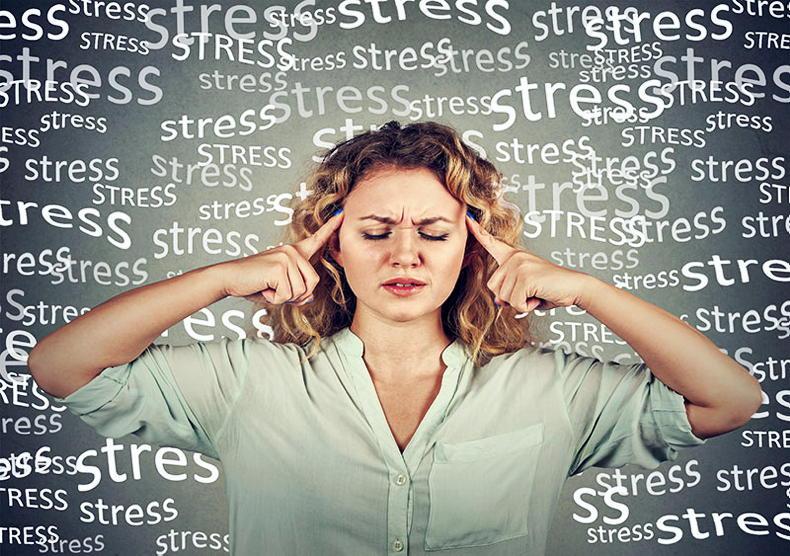

 This is a subscriber-only article
This is a subscriber-only article
 It looks like you're browsing in private mode
It looks like you're browsing in private mode




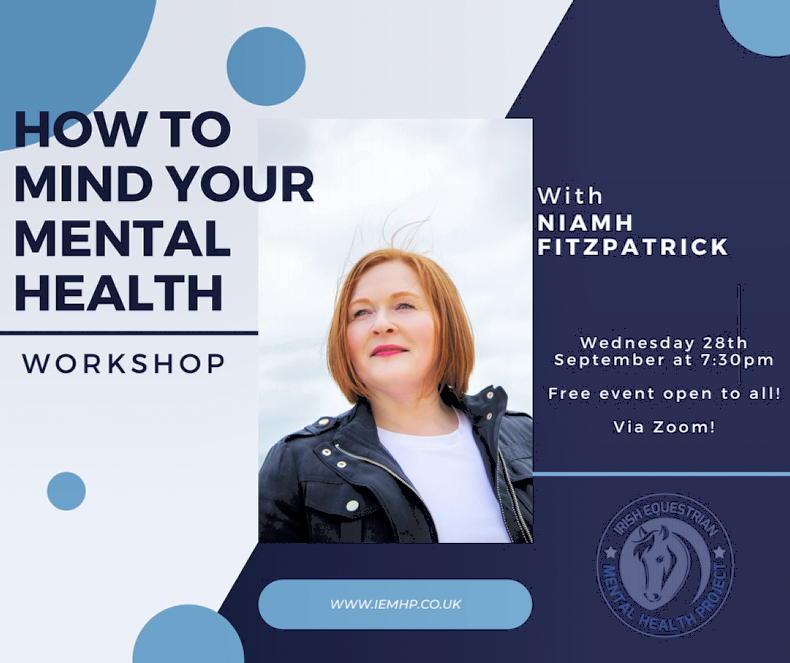

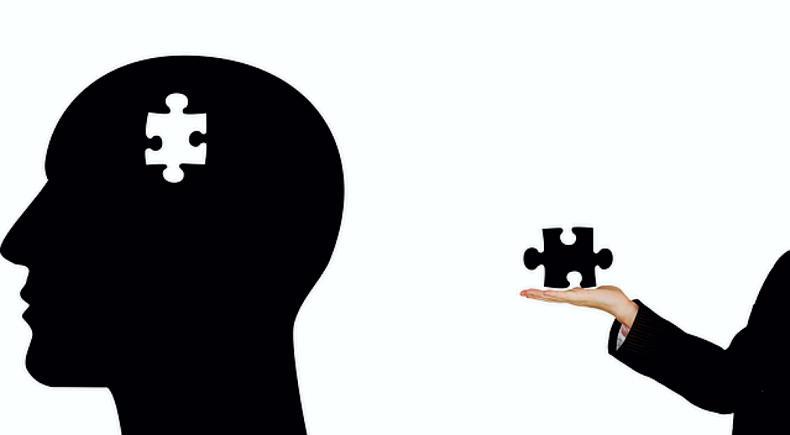

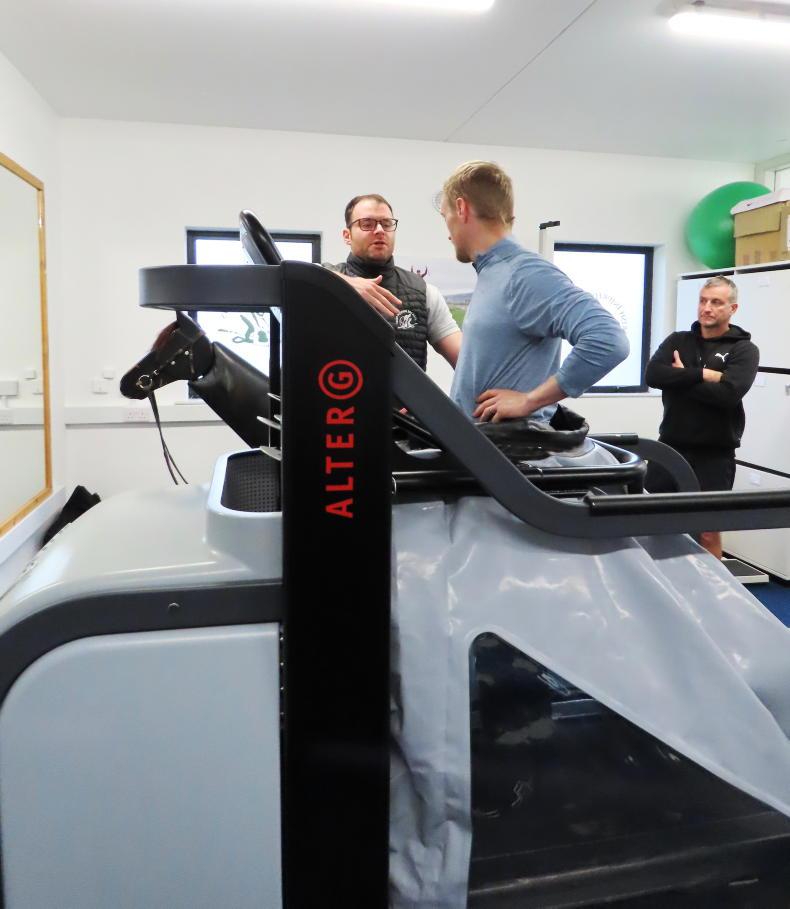
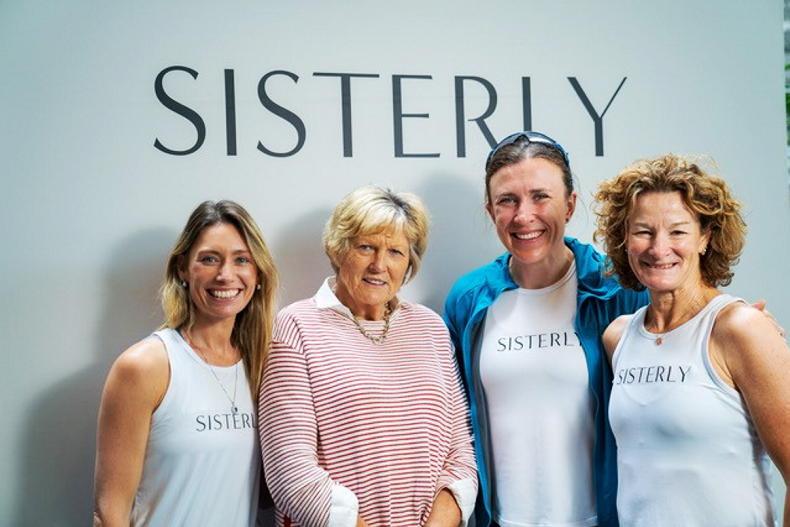
SHARING OPTIONS: